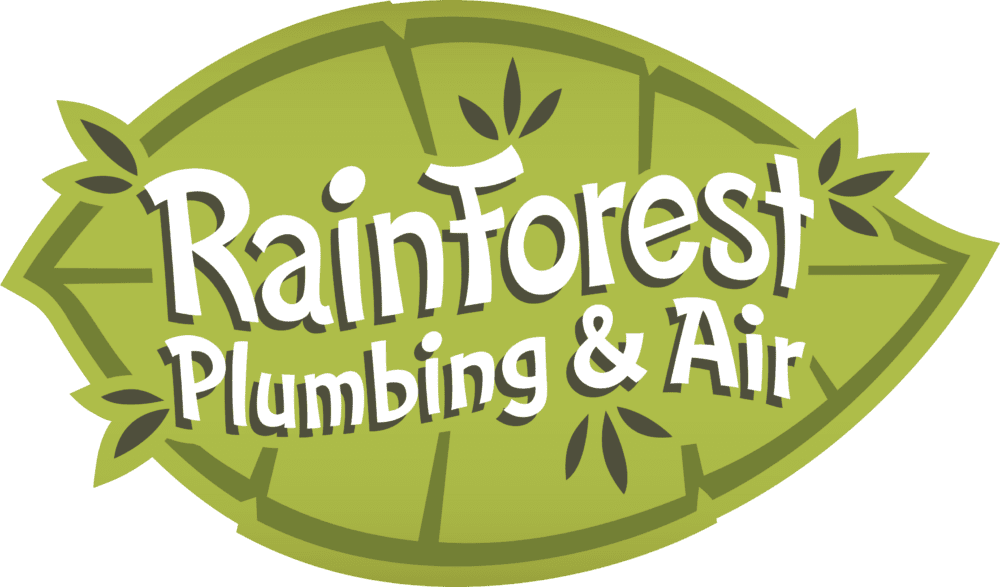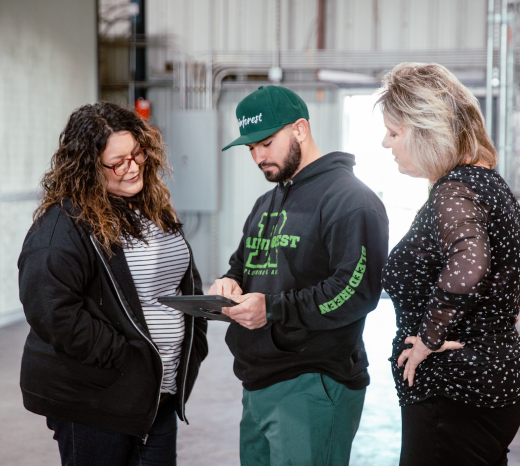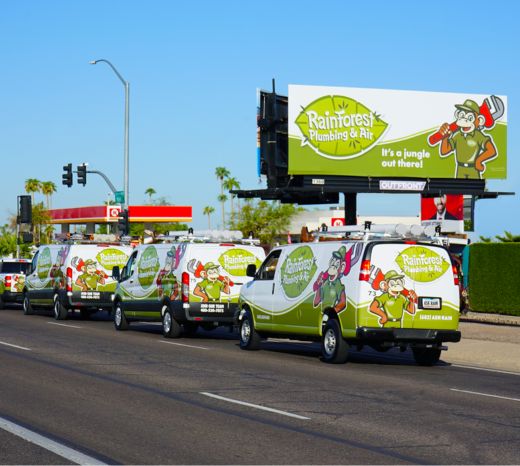Are you looking for an eco-friendly way of heating and cooling your home? Heat pumps are nifty devices to consider if you want versatility. These appliances pump heat in when you need it in winter or out when you would prefer your home to be cooler in the summer.
Also, by transferring the heat rather than generating it, heat pumps consume less electricity than other HVAC systems. You should get a lower utility cost out of it, which is why they’re becoming so popular. But how long do heat pumps last if you’re using them year-round?
Understanding a heat pump’s lifespan and how to prolong it ensures you get the most bang for your buck. Rainforest Plumbing & Air, a five-star company with over 20 years of experience in heat pump installation in Phoenix, Arizona, breaks down the details below.
How Long Do Heat Pumps Last?
Similar to air conditioning systems, heat pumps have a 10 to 15-year lifespan. However, like all HVAC units, many factors may increase or decrease this estimate, including how much you use it.
The more cycles heat pumps undergo, the more wear and tear the internal components will face as they produce your desired indoor climate. Weak, loose, or worn components can halt the entire system, which can be devastating if you’re relying on them to run year-round for heat during the winter and cool air during the summer.
Regular maintenance is crucial, especially since most heat pumps work double as hard through summer and winter. Things like air conditioners, fans, and condenser coils only power on during the summer, but heat pumps don’t ever rest.
Maintenance Extends the Heat Pump’s Lifespan
How long do heat pumps last with semi-annual maintenance? When a qualified technician cleans, tightens, and lubricates all the internal parts (in spring and fall), the system could last a full 15 years or more. Common steps during maintenance visits include the following:
- Check the defrost cycle is working. This prevents ice formation on the outer coils that would otherwise halt the heat transfer process.
- Clean. Wiping dust and debris from the coils keeps contaminants out of the system.
- Change the air filters. This single task can optimize airflow in no time.
- Examine the reverse valve. It’s important to ensure the direction of heat flow changes with the seasons.
Between semi-annual professional maintenance visits, change the filters every three to four months (more if you have lower indoor air quality). Also, prune greenery to at least 18 inches from the external unit and remove any debris stuck on it.
The Type of Heat Pump Also Matters When Considering Repairs vs. Replacement
Heat pumps are not a one-size-fits-all solution; there are many types available. Each type also comes with a slightly varying lifespan. For example:
- Air-sourced heat pumps, the most sought-after kind, transfer air between indoor and outdoor environments.
- Water-sourced heat pumps use nearby bodies of water to reach temperatures instead.
- Geothermal pumps absorb or expel warmth underground. The ones with two-speed compressors last a few years longer than air-sourced heat pumps.
All three types above last the typical 10 to 15 years. However, dual-source pumps can last over 15 years with ease, using air and water as heat sources.
When Should You Consider a Replacement Heat Pump?
How long do heat pumps last? The answers vary, so it’s best to learn the warning signs it’s time to replace your heat pump.
The most common sign is that your unit is coming to the end of its lifespan. Even if it’s still functioning, you should upgrade to a more energy-efficient model. It’ll save you money in the long run on electricity costs while lowering your carbon footprint.
Replace your unit if you notice the following:
- Lower cooling capacity. Older internal parts aren't as efficient and could leave your home with hot and cold spots or a too-warm indoor climate.
- Costs rising. You need at least two repairs and maintenance visits annually. If any individual repair has you spending at least half the original installation cost, consider a replacement.
- Sounds. Grinding, squealing, or buzzing mean parts are rubbing, loose, or worn and need attention.
The #1 Phoenix HVAC Team Near You!
Heat pumps are a great alternative HVAC system, and our team is a top choice for services and information. Are you wondering:
- How long do heat pumps last?
- How is heating and cooling possible with a heat pump?
- Will a heat pump use refrigerant?





